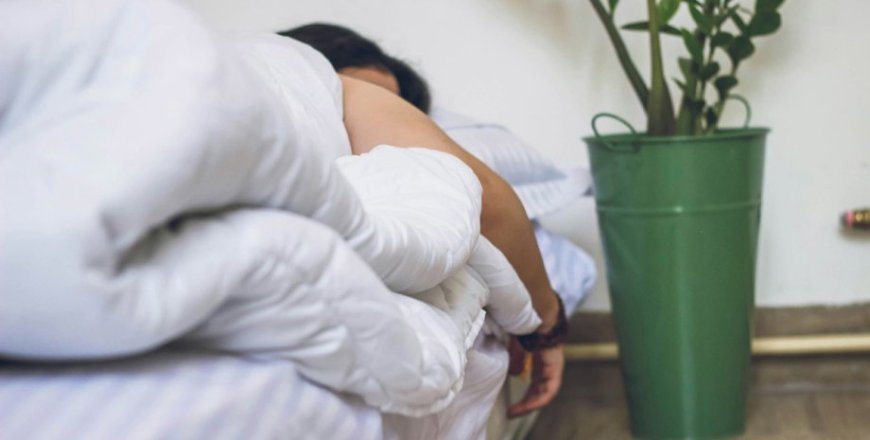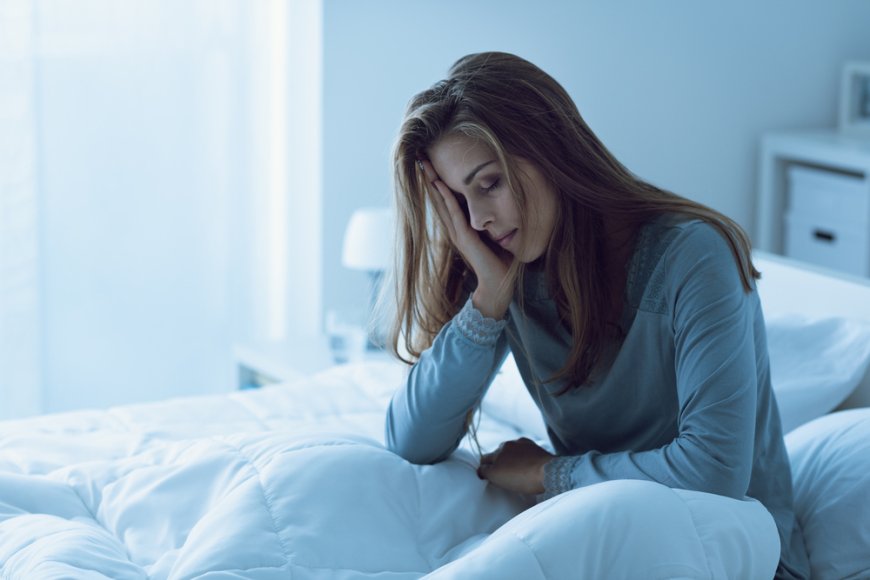Does Sleep Apnea Always Require CPAP?
But is CPAP the only solution for sleep apnea? Not always. With advancements in sleep care and tailored solutions, there are alternative options for managing sleep apnea
When people hear “sleep apnea,” they often think of CPAP machines—those bulky devices that help maintain airflow during sleep. But is CPAP the only solution for sleep apnea? Not always. With advancements in sleep care and tailored solutions, there are alternative options for managing sleep apnea, especially for individuals living in Rego Park, Queens. Let’s explore whether CPAP therapy is always necessary and uncover other effective treatments available.
Understanding Sleep Apnea: More Than Just Snoring
Sleep apnea is a condition where breathing repeatedly stops and starts during sleep. While snoring is a common symptom, it’s not the only indicator. Fatigue, headaches, and difficulty concentrating during the day could also be signs. Left untreated, sleep apnea can increase the risk of heart disease, high blood pressure, and other serious health concerns.
A key to treatment is early and accurate diagnosis. This is why sleep studies are crucial. These in-depth evaluations assess your sleep patterns, oxygen levels, and breathing irregularities.
CPAP Therapy: The Gold Standard
Continuous Positive Airway Pressure (CPAP) therapy is often the go-to treatment for sleep apnea. It works by keeping your airway open using a constant stream of air through a mask. While CPAP is highly effective, it’s not always the most comfortable or convenient solution for everyone. Some people struggle with:
-
Mask discomfort
-
Noise disturbances
-
Dryness or irritation in the nasal passages
Fortunately, CPAP is not the only option.
Exploring Alternatives: Finding the Right Fit
Living with sleep apnea doesn’t always mean relying on CPAP therapy. For individuals in Rego Park, Queens, alternatives include:
1. Lifestyle Adjustments
For mild cases, simple changes like weight management, sleeping on your side, or avoiding alcohol can significantly reduce symptoms. These steps are often recommended as a first line of defense.
2. Insomnia Solutions
When sleep apnea coexists with insomnia, managing both conditions becomes essential. Comprehensive insomnia solutions can improve sleep quality while addressing apnea-related interruptions.
3. Specialized Evaluations and Treatments
In some cases, custom-tailored approaches can replace or supplement CPAP. For example:
-
Oral appliances: These devices reposition the jaw or tongue to keep airways open.
-
Positional therapy: Devices that encourage side-sleeping can help alleviate symptoms.
Why Rego Park, Queens Residents Need Local Expertise
Getting the right treatment requires expertise and ongoing care. If you’re in Rego Park, Queens, access to local, specialized services ensures consistent and personalized attention. Treatments for sleep apnea often require follow-ups and adjustments, making proximity to experienced providers invaluable.
Here, you’ll find:
-
Accurate consultation and education to understand your condition
-
A wide range of diagnostic tools, including advanced sleep studies
-
Continuous support and care to monitor progress and refine treatments
Choosing What’s Best for You
The best solution for sleep apnea depends on individual needs. CPAP might be the most effective option for severe cases, but for others, alternatives like oral appliances or lifestyle modifications can work just as well. Partnering with an experienced team ensures that your treatment aligns with your preferences and lifestyle.
Conclusion
Sleep apnea treatment is not one-size-fits-all. While CPAP therapy remains a cornerstone, alternative treatments are effective and accessible, especially for residents of Rego Park, Queens. If you’re struggling with sleep apnea symptoms, don’t settle for discomfort or inconvenience—explore all your options. At Vector Sleep Diagnostic Center, our specialists are here to guide you every step of the way. Call us at (718) 830-2800 today to schedule your consultation and reclaim your nights.
FAQs
1. Can sleep apnea go away on its own?
In mild cases, lifestyle changes can reduce symptoms. However, moderate to severe sleep apnea typically requires professional treatment.
2. Is CPAP therapy uncomfortable?
While some people find CPAP masks challenging at first, newer designs and adjustments can make them more comfortable over time.
3. What are the risks of untreated sleep apnea?
Untreated sleep apnea can lead to serious health issues like heart disease, stroke, and chronic fatigue.
4. How is sleep apnea diagnosed?
A comprehensive sleep study evaluates breathing patterns, oxygen levels, and more during sleep.
5. Are there natural remedies for sleep apnea?
Weight loss, avoiding alcohol, and sleeping on your side can help manage mild sleep apnea. However, professional guidance is crucial for effective treatment.
What's Your Reaction?




























